by Susanne Sackl-Sharif
In this blog post, I would like to describe the role of the Web Literacy Lab, located at FH JOANNEUM – University of Applied Sciences in Graz (Austria), within the U-YouPa project in a little bit more detail. In our work package on Social Media (SoMe) and Youth Participation, we explore how different SoMe spaces may contribute to cultural diversity, inclusion and intercultural dialogue among young people in the age group 15 to 29 years. Due to its geographic position in the centre of Europe, the south of Austria has had a special role related to the refugee ‘crisis’ since 2015. It is therefore necessary to shed light on the diversity within the youth itself. Consequently, our research activities not only include youth with an Austrian passport but also (unaccompanied) refugee minors or Austrian-based youth from other countries.
First, we conduct an analysis of SoMe usage by young people, as well as relevant virtual spaces related to intercultural dialogue and youth participation. On the one hand, we would like to identify youth-oriented virtual spaces on SoMe platforms, such as Facebook, Instagram, Snapchat or Twitter, that are created and used by young people (bottom-up initiatives). In this context, we analyse, for example, the international initiatives Fridays For Future and Black Lives Matter. We ask how these social movements can contribute to intercultural dialogue and youth participation. On the other hand, we will also analyse online platforms of authorities or social media campaigns of political parties that are related to cultural diversity, youth participation or intercultural dialogue (top-down initiatives). In this regard, it is interesting for us how and to what extent young people do participate in such virtual spaces.
A further focus of our work package is on participatory research. We invite young people to make their own contributions in form of video (auto-)ethnographies or blog stories focusing on how they understand the role of SoMe in stimulating participation and intercultural dialogue. In this way, the youth is encouraged to act as co-researchers. Since especially the creation of (auto-)ethnographies is an innovative research approach, it will be discussed in more detail in a separate blog post in a few weeks.
For more information about the Web Literacy Lab and our activities have a look at our website [add link: https://www.fh-joanneum.at/en/labor/web-literacy-lab/]
